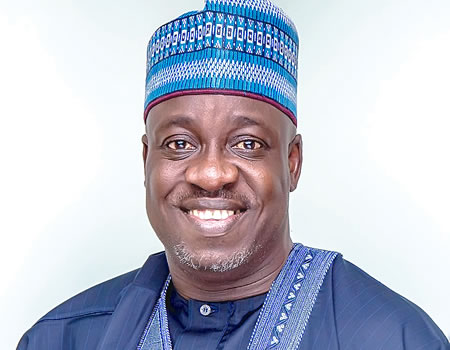The African Democratic Congress (ADC) has condemned President Bola Ahmed Tinubu for what it terms an “excessive foreign travel culture,” highlighting that the president has been absent from Nigeria for nearly a quarter of his tenure.
In a statement released on Wednesday by its National Publicity Secretary, Mallam Bolaji Abdullahi, the ADC claimed that Tinubu has undertaken 40 international trips in 26 months, spending approximately 181 days abroad. The party described this as an unprecedented record among Nigerian and African leaders in recent times.
The ADC argued that Tinubu’s frequent travels come at a time when Nigeria is grappling with worsening insecurity, escalating poverty, and a surge in child malnutrition. It pointed out that the president has visited more foreign countries than Nigerian states, having travelled to only 13 out of the 36 states since taking office.
“This frequent flier presidency stands in stark contrast to the realities at home,” the statement read. “While an average of 30 Nigerians are killed daily due to insecurity, millions face economic hardship, and children suffer malnutrition, the president appears to prioritise foreign engagements over urgent domestic needs.”
READ ALSO: ADC slams Tinubu’s ₦712b airport renovation plan as “careless spending”
The party questioned the tangible benefits of these trips, describing them as “wasteful” given the billions of naira reportedly spent without clear economic or diplomatic returns. The ADC also expressed concern that Tinubu’s recent week-long absence from public view, which sparked rumours about his health, could undermine investor confidence and embolden Nigeria’s adversaries.
It suggested that appointing more ambassadors could reduce the need for the president to personally attend every international meeting, noting that agreements reached on such trips require effective follow-up by diplomatic representatives.
Reiterating its position, the ADC stated that Nigeria “deserves a president who is present” and urged President Tinubu to prioritise governance at home rather than treating his role “like a part-time job.”



